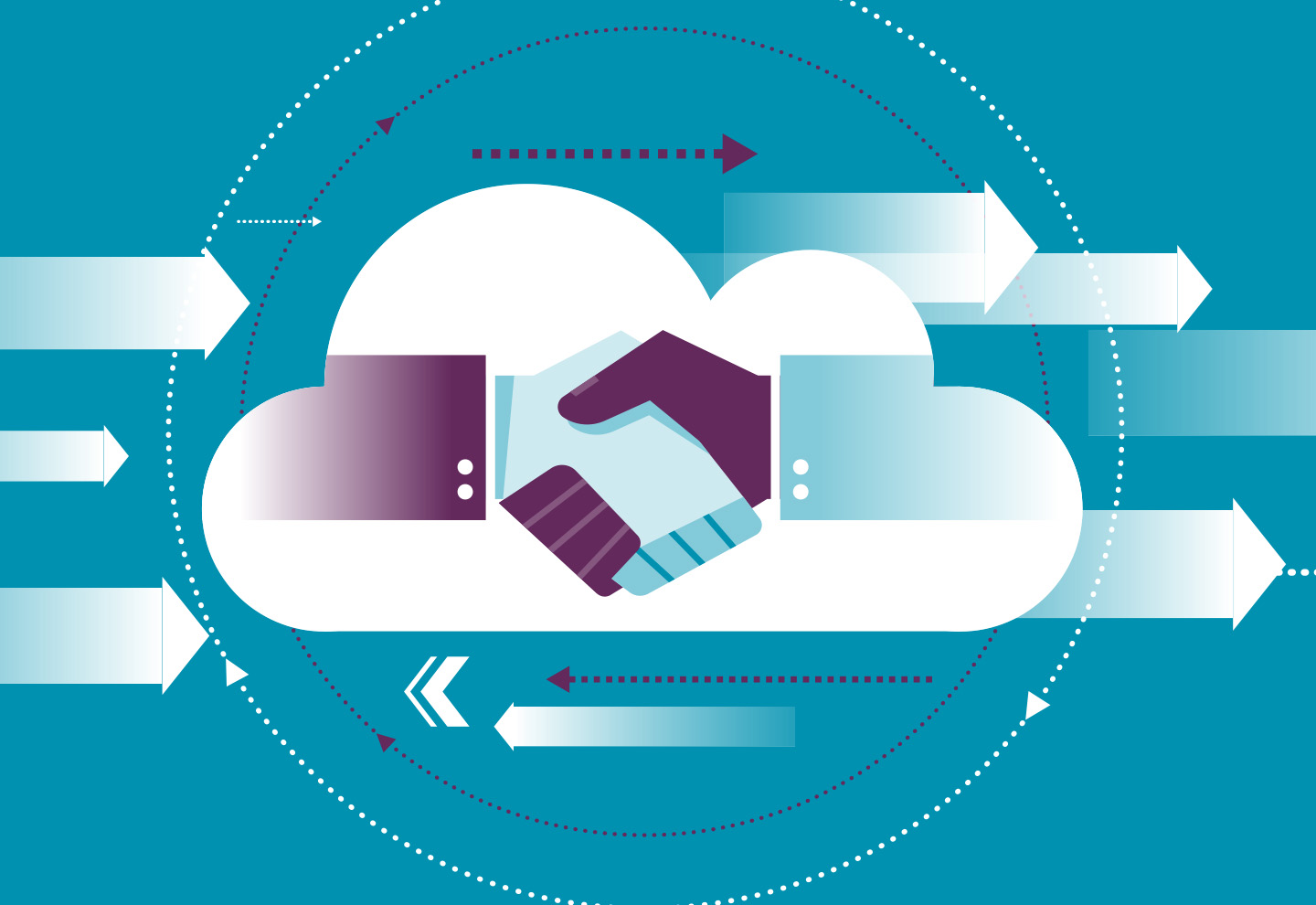Complex deal-making

Complex deals involve high stakes, but many small-scale deals play out on other multiple fronts.
Typically, managers have to orchestrate complex internal negotiations across individuals and departments in order to secure support and senior executive approval. They must also forge critical alliances and work out contracts with strategic partners.
In this webinar, IMD Professor of Leadership and Negotiation Sameh Abadir drew from decades of experience to show how to overcome decision-making biases, optimize resources and talents, and make proper concessions and trade-offs, amongst other skills.
Understanding motivations and giving up control
From Novartis to Procter & Gamble, he provided solid examples to show the effect of behavioral economics on difficult negotiations and engaging stakeholders.
According to Professor Abadir, human nature makes up a large part of the equation. Deciding whether people are smart – essentially an innate quality – or kind – a behavioral choice – or both, is important for influencing your actions when making a deal.
“There are rare people who are super smart, super kind and also super humble,” he remarked. “But most people are not this agile.”
Not allowing people to “lose face” is another important aspect of negotiation. Evident in both ancient and contemporary examples, the vast majority of people act to preserve their dignity. Referencing both the peace agreement of Kadesh in 1259 BC and the Cuban missile crisis in the 1962, Professor Abadir reminded the participants that President John F. Kennedy knew this well.
“He was guided by a desire not to disgrace Khrushchev, nor humiliate the Soviet republic,” said Professor Abadir.
Another key learning was to accept that we don’t have control over everything, and that without this realization we might fall into the bias of overconfidence.
Touching on why some companies fail, Professor Abadir stated: “Corporate arrogance – we should ban the word arrogance from our behavior. Humility is good at all times.”
He also noted that the world’s finest negotiators were not pushy, but rather soft-spoken and humble.
Decoding weak signals
Developing the capacity to look for weak signals and to decode them is also a priority.
“Some people remember everything,” said Professor Abadir. “They even remember what type of luggage tag you have on your bag.”
These skilled individuals have the ability to see how a puzzle comes together while the pieces are still scattered. People sensitive to weak signals have significant value in negotiation, and Professor Abadir recommended all managers find at least one person with these skills to provide these essential observations.
He reminded the audience that psychology and economics are very powerful forces in negation, and that no buyer wants to overpay just as no seller wants to undersell.
“The brain, heart and guts have to work together,” said Professor Abadir, explaining that different parts of our brain are activated by unfair vs fair offers. “Once the areas of the brain associated with disgust and conflict mode are activated, negotiation is lost.”
Divide and conquer
To bridge complex negotiations, other tips include splitting good news to ask for different trade-offs, and putting all bad news together in a single concession – resulting in many small wins but one lump-sum loss.
Tackling the concept of kindness once more, Professor Abadir joked: “Turkeys don’t vote for Thanksgiving. Build this fairness brand all through your career so that when you sit at the table, you’re kind to people but fair to the issues.”
Last but not least, he left the audience with the suggestion only a thin line exists between being prepared and being ready: “Go with a smile on your face and a gun in your pocket.”
To learn more about complex deal-making, watch an interview with Professor Sameh Abadir and Mr Magdi Batato, Executive Vice President, Head of Operations, Nestlé, here.
Research Information & Knowledge Hub for additional information on IMD publications

AI is revolutionizing finance, boosting productivity and insights, but CFOs must invest in infrastructure, navigate regulations, and upskill teams for a successful future.

Explore top books, websites, and podcasts recommended by IMD expert Jim Pulcrano for anyone venturing into or exploring venture capital, from entrepreneurs to investors.
This note, designed for use in sessions and programs on negotiation, explores five distinct negotiator types: competitor, collaborator, strategist, innovator and problem solver. Each type has unique characteristics, strengths and weaknesses that c...
On 15 April 2019, the Notre-Dame Cathedral in Paris faced a devastating fire. The Brigade des Sapeurs-Pompiers de Paris (BSPP) mobilized quickly, showcasing strategies in team dynamics, crisis management and coordination under pressure. The case p...
The note aims to equip leaders with the knowledge and tools necessary to negotiate alliances across and among organizations and institutions from differing sectors: business, government, non-profit, international and academic. It emphasizes the im...

In the newly revised second edition of Hostage at the Table: How Leaders Can Overcome Conflict, Influence Others and Raise Performance, clinical psychologist, distinguished leadership professor, and veteran hostage negotiator George Kohlrieser com...
Already certain American trading partners have received tariff threats to their exports, prompting questions as to how best to respond. Drawing on the lessons from the first Trump Administration, statements made by the President-elect and his circ...
Have you ever spoken with a well-respected senior executive, and questioned what you were hearing? Have you felt uncomfortable when that executive gets to the inevitable sequence of false certainties, where they proclaim something like: “We’re dif...

Successful leaders must build trust within their teams and empower them to become responsible and engaged decision-makers in their own right. Patrick Flesner explains how to achieve this using his 'Leadership House' framework.

We are all at the mercy of behaviors ingrained from our earliest years. Nik Kinley and Shlomo Ben-Hur offer practical steps to help you identify and overcome your emotions to reach your full potential.
Research Information & Knowledge Hub for additional information on IMD publications
Research Information & Knowledge Hub for additional information on IMD publications
Research Information & Knowledge Hub for additional information on IMD publications
Research Information & Knowledge Hub for additional information on IMD publications
Research Information & Knowledge Hub for additional information on IMD publications
Research Information & Knowledge Hub for additional information on IMD publications
Research Information & Knowledge Hub for additional information on IMD publications
Research Information & Knowledge Hub for additional information on IMD publications
in I by IMD 18 November 2024
Research Information & Knowledge Hub for additional information on IMD publications
Research Information & Knowledge Hub for additional information on IMD publications


